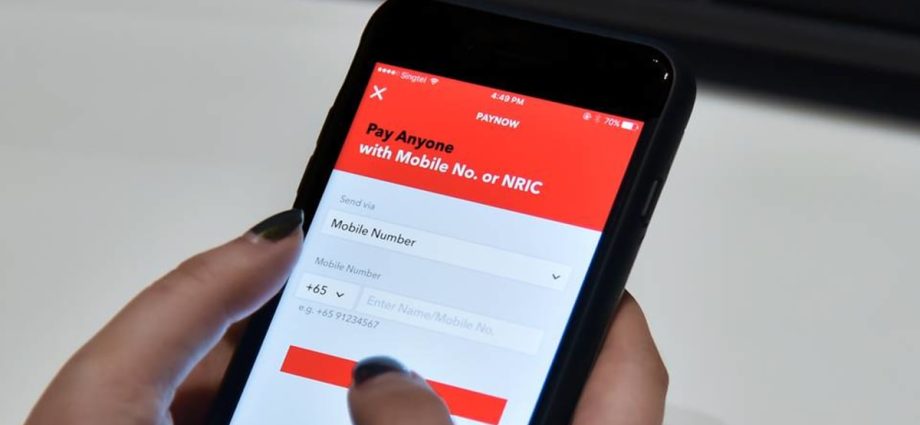
WHAT MORE CAN BE DONE?
One solution would be to empower banks to mediate and resolve more of these situations directly through legislation.
For instance, in the UK, if the recipient disputes the claim or does not respond to the sender’s bank, the receiving bank will freeze an amount equal to the mistaken payment until the matter is resolved.
Singapore banks could be granted authority to temporarily freeze recipient funds, investigate the claim by checking sender and recipient transaction histories and contacting both parties, and then reverse the transaction if an honest mistake seems likely.
If such a process is implemented in Singapore, safeguards and limits would be critical. Senders should have to attest to the mistake and face penalties for false claims.
Dollar and time limits on bank reversals would be needed to prevent abuse and protect recipients’ access to their money. Large, suspicious transfers would still require police involvement. But most incidents involve modest sums inadvertently sent to the wrong person, where a faster resolution by the bank could suffice.
An alternative is to expand the Small Claims Tribunal’s jurisdiction to include unjust enrichment claims for mistaken payments, which was suggested by MP Murali Pillai (PAP-Bukit Batok) in a 2022 parliamentary question.
This would allow mistaken transfers of sums not exceeding S$20,000 to be reclaimed through a streamlined, user-friendly process. No lawyers needed, minimal fees and a quick resolution.
Empowering the Small Claims Tribunal to handle these cases could ensure that the right to recover mistaken payments is not just a legal theory, but a practical reality for all in Singapore. It could provide a cost-effective and quicker method to recover misdirected funds.
Ben Chester Cheong is Law Lecturer and inaugural START Scholar at the Singapore University of Social Sciences, and Lawyer at RHTLaw Asia LLP.

